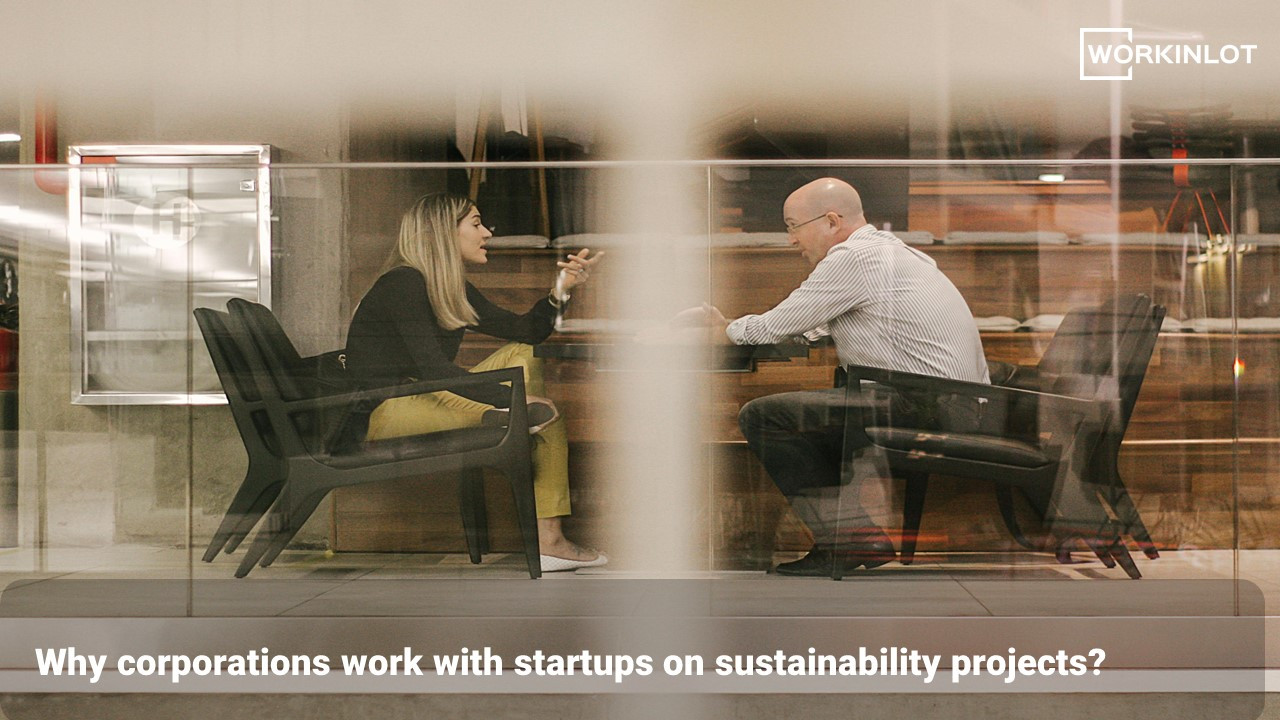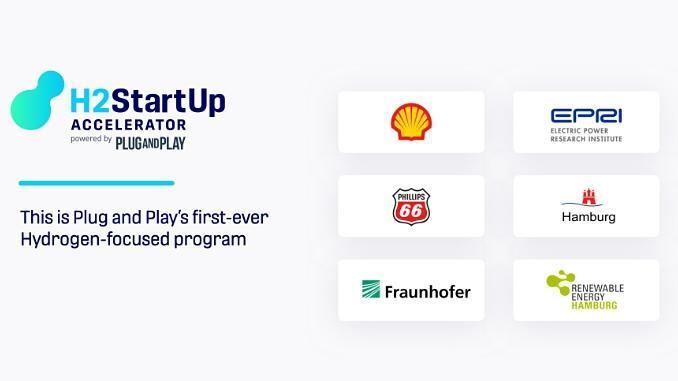
Cover photo by Marcelo Dias
Sustainability is a relatively new concept for businesses, impacting nearly every industry.
Due to the rapid pace of change and the significant demand for sustainable solutions, there is not yet a mature market of tested products and services in this area.
Solutions that can address changing regulations and consumer behaviors are being tested and adapted to different needs. Startup culture offers a fantastic opportunity to test risky new business models and technologies.
Companies are incorporating validated startup solutions into their core business models and strategically leveraging them to enter new markets.
How?
Direct partnerships: Companies may choose to partner directly with startups to develop and implement sustainability solutions. For instance, a company could co-develop a new renewable energy technology or a new waste reduction technology with a startup. For example, in 2023, Mercedes-Benz partnered with Recurrent Energy, a second-life energy storage company. The two companies will collaborate to develop and deploy second-life energy storage systems for commercial and industrial customers. (Companies Investing In The Used E.V. Battery Market)
Venture capital: Businesses can invest in startups working on sustainability solutions through venture capital funds. This gives startups the money they need to grow their business. For example, Joby Aviation is a company building electric flying taxis. Toyota invested in Joby Aviation multiple times, eventually becoming a major partner, to support the development of this new technology. (Picking the right investor - CVCs)
Accelerators: Companies can support startups developing sustainability solutions through accelerators and incubator programs. These programs provide mentorship, resources, and support to help startups grow and scale. For example, the German government and regional administrations launched the country's first hydrogen acceleration programs in the summer of 2020 by funding domestic and foreign startup accelerators. Ecosystem acceleration programs enable governments, investors, startups, and private companies to go through a joint innovation cycle. In all the hydrogen startup acceleration programs we examined in Germany, we found multiple companies as stakeholders. These companies came from different sectors and even focused on different points in the hydrogen production cycle. (Strategic Investments in Future Markets - Hydrogen Startups)

Open Innovation Platforms: Companies can collaborate with startups to develop sustainability solutions using open innovation. For instance, a company can launch an open innovation call to identify innovative startups developing sustainable solutions. For example, the open innovation program we designed for Bridgestone Sabancı - Brisa interacted with the Bluedot startup among the "Pioneers of the Journey". Bluedot subsequently completed a significant investment round involving Y Combinator, Ford Driventure, and ScaleX. (Brisa Yolculuğun Öncüleri Startup Program Case Study)
 Different examples of sustainability projects between companies and startups
Different examples of sustainability projects between companies and startups
* Mercedes-Benz, in collaboration with BASF and the startup Pyrum Innovations, aims to increase the proportion of recycled materials in its vehicle fleet to an average of 40% by 2030. Mercedes is combining BASF's chemical recycling technology with Pyrum Innovations' solution for obtaining pyrolysis oil from used tires. (Innovative Waste Management Projects - Automotive)
* BrightFarms announced its integration of blockchain technology by joining the IBM Food Trust network. Food Trust is a blockchain-based information-sharing platform aiming to connect supply chain data across the ecosystem.
* Renewcell and the startup Textilegenesis have joined forces, combining their expertise. While Textilegenesis tracks the entire supply chain, Renewcell provides raw materials to the supply chain. (Renewcell, TextileGenesis to partner on Circulose supply chain traceability)
* Metsä Group, in the forest and paper products sector, is collaborating with Collective Crunch to collect data on climate, geography, and processes. They are converting this data into artificial intelligence models to obtain more accurate and valuable information about forest assets. By providing precise analyses based on machine learning models, they enable the creation of accurate, cost-effective, and scalable forest inventories and continuous monitoring of changes.

These are just a few examples of how companies and startups can achieve remarkable results when they collaborate on sustainability projects.
By joining forces, they can speed up the development of innovative solutions and create a win-win scenario. Startups bring fresh ideas, new technologies, and unique perspectives to the table, while companies provide the resources and scale needed to bring these ideas to life.
Workinlot has developed a PoC methodology that enables startups and companies to conduct low-risk validation for meaningful focus areas such as sustainability. (How PoCs Help Businesses Unlock Startup Potential)